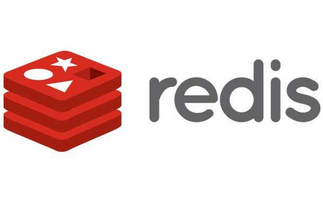Canonical's Snappy plan to enable Linux apps to run seamlessly across distributions
Open source software vendor Canonical, the company behind the popular Ubuntu distribution of Linux, is to push its Snap packaging system to other distributions of Linux. The shift will enable devel...
To continue reading this article...
Join Computing
- Unlimited access to real-time news, analysis and opinion from the technology industry
- Receive important and breaking news in our daily newsletter
- Be the first to hear about our events and awards programmes
- Join live member only interviews with IT leaders at the ‘IT Lounge’; your chance to ask your burning tech questions and have them answered
- Access to the Computing Delta hub providing market intelligence and research
- Receive our members-only newsletter with exclusive opinion pieces from senior IT Leaders






















